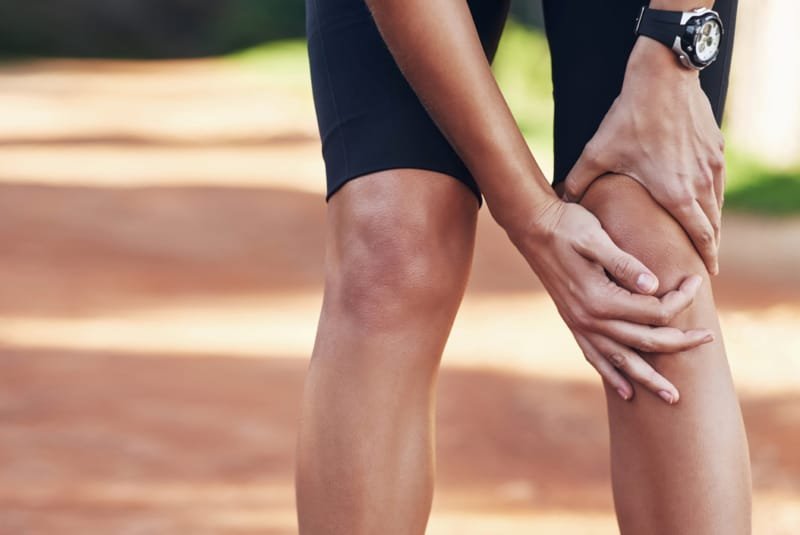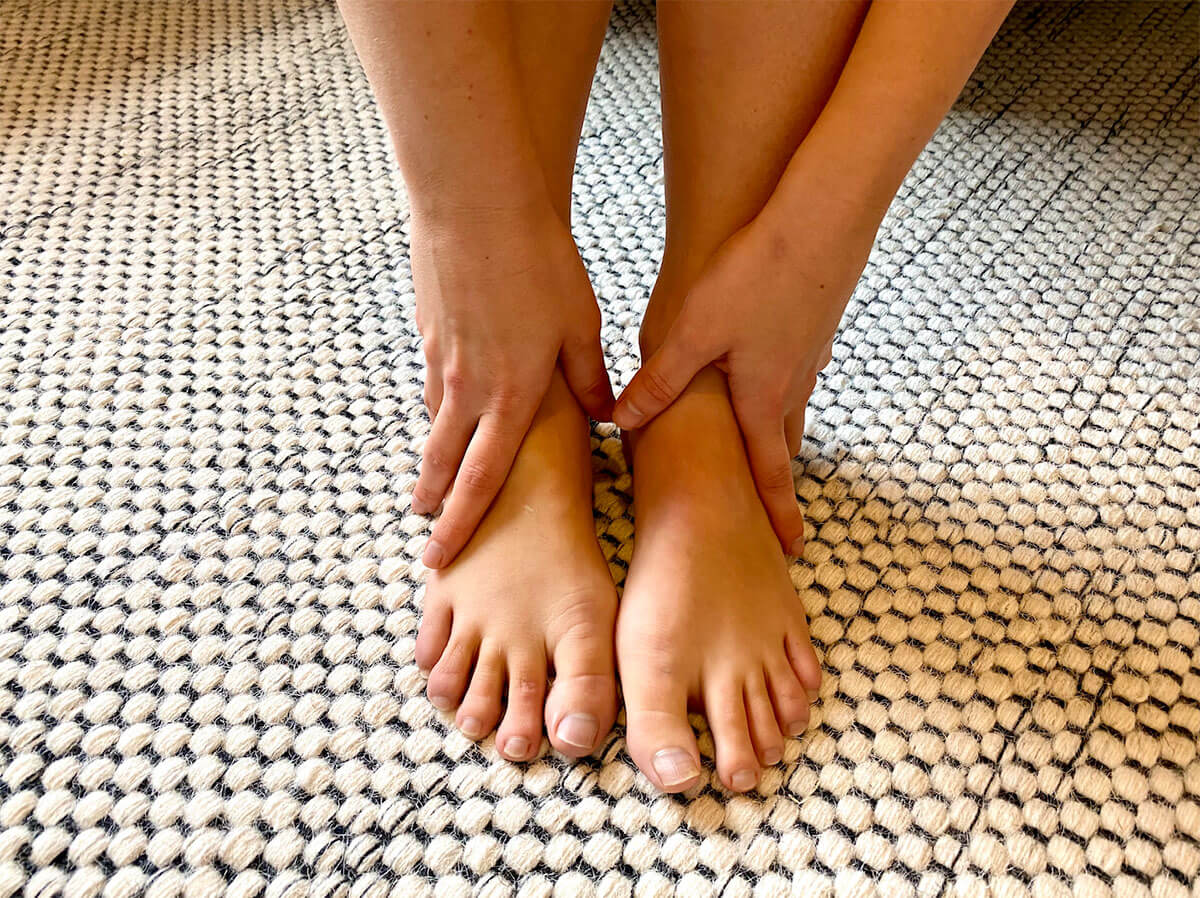When it comes to maintaining your health, getting the right amount of quality sleep is as important as a healthy diet and regular exercise.
In fact, according to the latest science, getting the recommended 7-9 hours of shut-eye a night may even be more important. This is because studies increasingly show the link between a chronic lack of sleep and serious health conditions, such as heart disease, obesity and depression.
And sleep is not just beneficial as a preventative measure. It also has profound healing properties, as evidenced by preliminary studies on stroke patients. These studies show that sleep plays an essential role in repairing neural connections.
All of this means that sleep is absolutely vital for people looking to recover their health after an injury or illness.
As rehab-trained Pilates teachers, Complete Pilates are particularly interested in the positive effect sleep has on injured and pre- and post-operative people. It’s why we’ve put together these 5 reasons why sleep is important for injury recovery.
So read on and find out all about the healing power of sleep.
1. Balances hormones
Sleep helps balance hormones vital for injury recovery, including Cortisol, Ghrelin, Leptin and Human Growth Hormone (HGH).
HGH, a hormone produced by the pituitary gland, is particularly important for the healing process as it builds and repairs tissue.
This hormone is released during deep sleep, or stage three of the four stages of the sleep cycle. This type of sleep accounts for about one-quarter of your sleep each night.
Sleep deprivation has a big impact on sleep cycles and this dictates how much of your HGH gets released each night.
As damaged tissues need more HGH, disruption to your sleep can slow the rate at which your body repairs after an injury.
2. Helps repair wounds
Sleep plays a special role in helping the body mend after surgery or after an injury which creates a wound.
According to a study published in the International Journal of Neuroscience, sleep deprivation results in fewer capillary vessels and fibroblasts. These vessels and cells are essential for the wound-healing process.
As a result, missing out on sleep or getting poor quality sleep could inhibit your injury recovery.
3. Boosts immune function
Sleep is essential for keeping our immune system functioning optimally.
And, when it comes to coming back from an injury, a healthy immune system is vital: it helps to protect you against infections and chronic inflammation.
Redness, heat and swelling are the body’s inflammatory response to an injury. While this is natural, prolonged inflammation of an injured area can create problems, such as atrophy to the surrounding muscles. This can make you susceptible to more injuries in the future.
4. Reduces sensitivity to pain
According to Matthew Walker, neuroscientist and author of Why We Sleep, poor or fragmented sleep makes you more sensitive to pain.
Why is this a problem? Because pain can hinder the injury recovery process.
Pain can prevent people from performing their rehab exercises properly, and even make them avoid exercise altogether.
This is often the case for people with back pain who fear exercising again will bring on another episode.
But this is bad news for sufferers. Because according to the experts, not exercising is actually the worst thing you can do for back pain. Instead, movement is needed to strengthen and mobilise the body, which will then protect the spine against further injuries.
Research also shows that inadequate pain relief can sensitise the nervous system, which can lead to chronic pain.
The good news is that high quality sleep is a natural painkiller – so if you’re injured, make sure to get your zzzs.
5. Protects against future injuries
The process of recovering from an injury can be long and arduous. This means that avoiding injuries in the first place, or preventing future injuries, should be a top priority. Luckily, sleep can help us with injury prevention as well as recovery.
How? Well, according to a 2014 study, chronic lack of sleep (6 hours of sleep a night) in sportspeople lead to a dramatically increased risk of injury.
Now, although the study focused on athletes, most people are physically active to some degree. This means that almost everyone can benefit from these findings, which show how important sleeping well is for people who exercise.
This is how, alongside Pilates lessons to keep muscle imbalances in check, sleep can help keep injuries at bay.
Enjoyed this post? You can read more about sleep and sports performance from Remi Mobed. Otherwise, book your session today to see how we can help you sleep!
Education is key:
These blogs are designed to give information to everyone, however, it is important to remember that everyone is different! If you have not seen one of our therapists and have any questions about injuries, what you have read or whether this may be useful to you, please just ask. We are more than happy to help anyone and point you in the right direction. Our biggest belief is that education is key. The more you understand about your injury, illness and movement, the more you are likely to improve.






